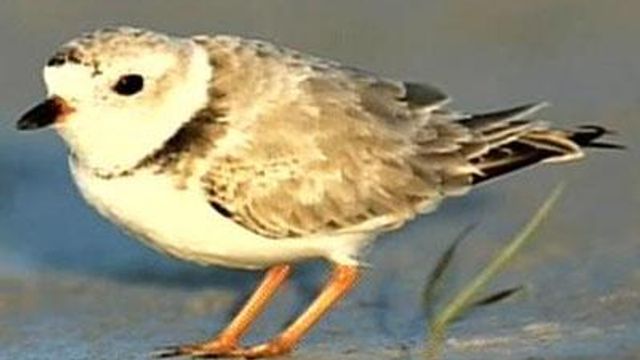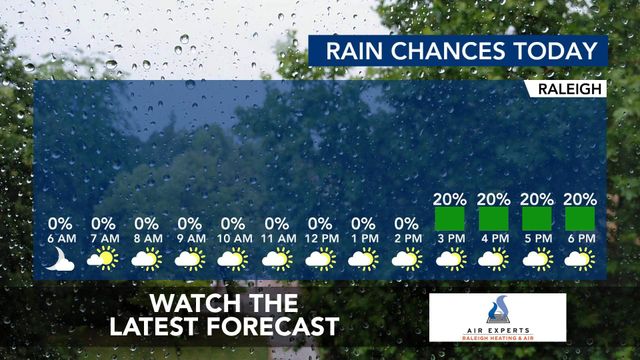Official: Beach-driving consent decree is not working
Dare County Commissioner Warren Judge said a court order to protect nesting birds along the coast has gone too far.
“We've got these huge hands of the Department of Interior bullied by environmental special interest groups choking the life out of us,” Judge said.
The decree is the result of a lawsuit, filed by the Audubon Society and the Defenders of Wildlife in October 2007, claiming that the National Park Service's interim management plan did not adequately protect nesting piping plovers and sea turtles. Dare County agreed to the order rather than risk the court closing the beach to vehicles altogether.
“It was a choice between being shot in the head or shot in the foot,” Judge said.
The National Park Service said the number of people visiting the National Seashore is up, but local business owner Ollie Jarvis said when the beaches are closed to fishermen, his business drops.
“This summertime we were 30 to 40 percent off. It’s due to the beach closings,” Jarvis said.
Some businesses couldn't survive, leaving unemployment high in the area.
“I know there are individuals and businesses out there that have been affected and I'm sorry for that,” said Chris Canfield, director of Audubon North Carolina.
Canfield said statistics show the consent decree is working.
In 2007, four piping plover chicks and 10 oyster catcher chicks grew to adulthood on the National Seashore. In 2009, those numbers grew to six and 13.
Canfield said black skimmers have also nested on the beach for the first time in three years.
“We have more than doubled the number of beach nest birds that have come together on the beach, record numbers of sea turtles,” Canfield said.
But business owners said they're paying a steep price.
“It has killed all of us,” Jarvis said. “Businesses are closing everyday and we just need some help.”
The Audubon Society said the animals also need help.
.
“The fact is, they've never had more than a hundred turtles nesting at the coast before the consent decree, now we've got (them) two years in a row,” Canfield said.
The consent decree is in effect for at least one more season.
The National Park Service is planning to unveil its permanent plan to replace the consent decree soon. After public comment and review periods, the final plan should take effect in spring 2011.











